India’s G20 Presidency and Its Importance
Sun, 20 Nov 2022 | Reading Time: 3 minutes
After an eventful year of the G20 led by Indonesia, the G20 presidency is set to be taken over by India in 2023—two top nations that define emerging Asia. This ‘duplex of Asian G20 presidencies’ led by Indonesia and India takes on a formidable agenda, one that is likely to shape the world economy for the next decade.
The Indonesia G20 presidency has hosted nearly 175 events in 2022, including more than 15 ministerial meetings, three special meetings on health, food and energy security, climate and biodiversity with G20 leaders, several meetings with working groups, Finance Track meetings, and several meetings with engagement groups.
Now India will assume the G20 presidency for a year and chair over 200 meetings that aim to secure global economic growth and prosperity. Together, the G20 members represent more than 80% of the world’s GDP, 75% of international trade and 60% of the world’s population.
As our Prime Minister Narendra Modi said India’s G20 presidency will be inclusive, ambitious, decisive, and action-oriented, noting that the country is taking the charge at a time when the world is grappling with geopolitical tensions, economic slowdown and rising food and energy prices.
The PM also said India’s G20 presidency is a proud occasion for every Indian and that the country will organise G20 meetings in different cities and states which will help us to showcase our skills, history, India’s amazing diversity, inclusive traditions, and cultural richness.
This presidency will be a unique celebration in India, the ‘Mother of Democracy’, which will make the G20, a catalyst for global change.
Responsibilities of the G20 presidency, and what does it means for India:
#The G20 presidency steers the G20 agenda for one year,
Other than an influence over the G20’s agenda, the presidency does not come with any formal power. But, the ‘influence’ can allow India to turn the discussion in the directions it prefers. In other words, this is an opportunity for India to emerge as a leader to solve some of the most pressing issues facing humanity today.
#G20 does not have permanent secretariat and the presidency is supported by the Troika – previous, current and incoming presidency. During India’s presidency, the troika will comprise Indonesia, India and Brazil, respectively.
#Former foreign secretary Harsh V Shringla has been appointed as India’s chief G20 Coordinator at the secretary level. The G20 Secretariat will be responsible for implementation of overall policy decisions and arrangements needed for steering India’s presidency.
#G20 consists of two parallel tracks: the Finance Track (led by finance ministers and central bank governors) and the Sherpa Track (personal emissaries of the leaders). The Sherpas oversee negotiations over the course of the year, discussing agenda items for the summit and coordinating the substantive work of the G20. India’s G20 Sherpa will be former IAS official Amitabh Kant.
#India believes that the G20 countries must close ranks and work together. India is committed to focusing on issues of critical importance to the world.
#India will be , in the true spirit of Vasudhaiva Kutumbakam (the world is one family), seek to find pragmatic global solutions for the well-being of all.
Under India’s leadership, G20 nations will look to find consensus on major challenges like a slowing global economy, a debt crisis all over the world, poverty due to Covid-19 and the existential climate crises. Through it leadership, India may steer the G20 towards providing adequate finance to the ‘Global South’, keeping in line with climate justice.
A second key agenda item will be reforms in institutions like the World Bank, the International Monetary Fund and the World Trade Organisation. With an aim to make them more attuned to the needs and aspirations of developing economies.
As this is the time for India to show its power to the world, as it is looking with hope towards collective leadership whether it is G7, G20, G77 or the UN General Assembly. In such a situation India’s presidency of G20 assumes a new significance. As it is seen that India is having close relations with developed countries on the one hand, and at the same time understands and expresses the views of developing countries very well.
“On this basis India will build the blueprint of our G20 Presidency together with all the friends of the ‘Global South’ who have been India’s co-travellers on the path of development for decades”. The PM highlighted India’s endeavour that there should be no first world or third world in the world, but only one world.
Furthering India’s vision and the common objective of bringing the whole world together for a better future. As PM gave examples of One Sun, One World, One Grid which has been India’s clarion call for a revolution in the world of renewable energy, and the global health campaign of One Earth, One Health.
India’s G20 mantra is: One Earth, One Family, One Future. “It is these thoughts and values of India that pave the way for the welfare of the world … This event will not only be a memorable one for India, but the future will also assess it as a momentous occasion in the history of the world,”
Disclaimer
The opinions expressed in this article are the author’s own and do not reflect the views of Chanakya Forum. All information provided in this article including timeliness, completeness, accuracy, suitability or validity of information referenced therein, is the sole responsibility of the author. www.chanakyaforum.com does not assume any responsibility for the same.
Chanakya Forum is now on . Click here to join our channel (@ChanakyaForum) and stay updated with the latest headlines and articles.
Important
We work round the clock to bring you the finest articles and updates from around the world. There is a team that works tirelessly to ensure that you have a seamless reading experience. But all this costs money. Please support us so that we keep doing what we do best. Happy Reading
Support Us




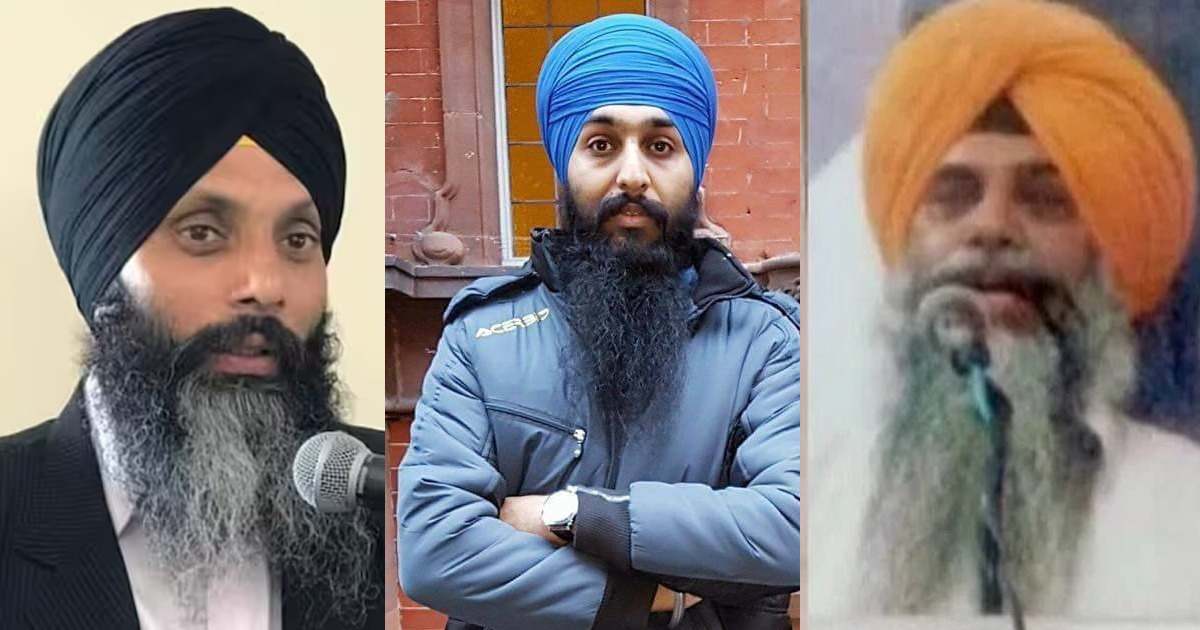
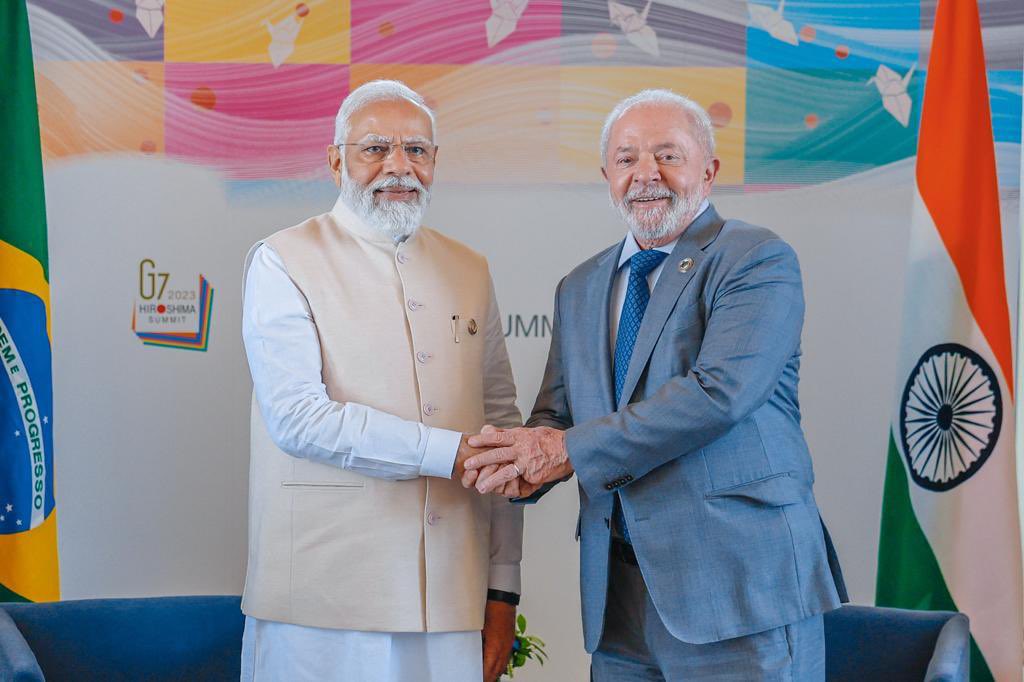

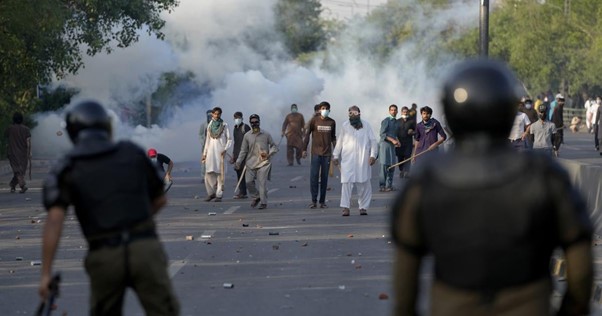

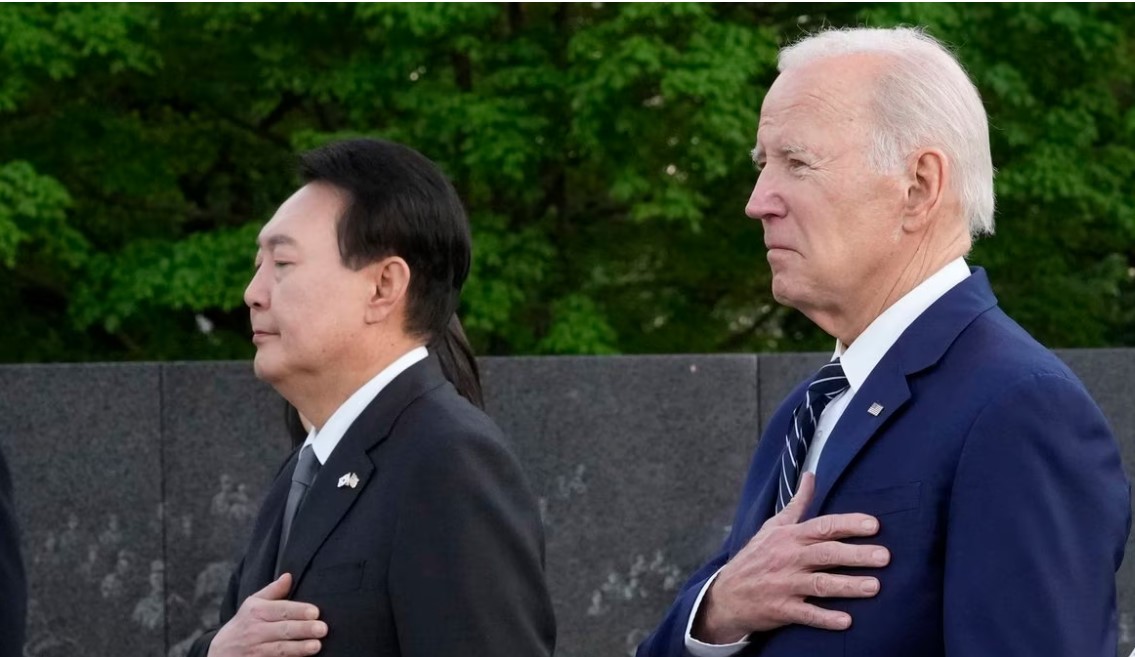

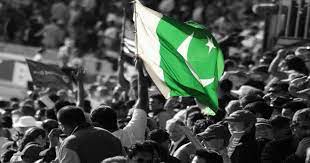
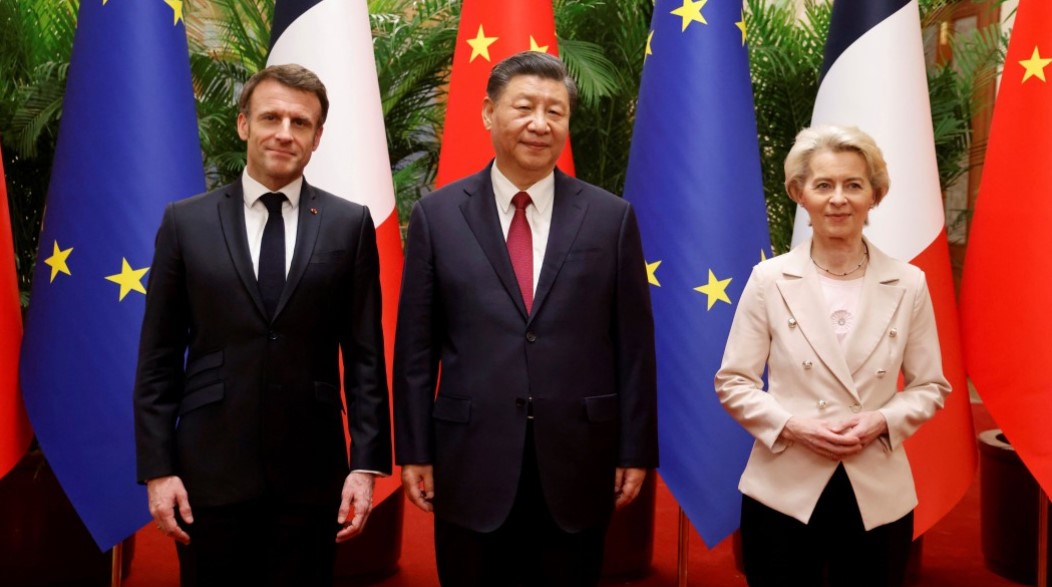







POST COMMENTS (0)